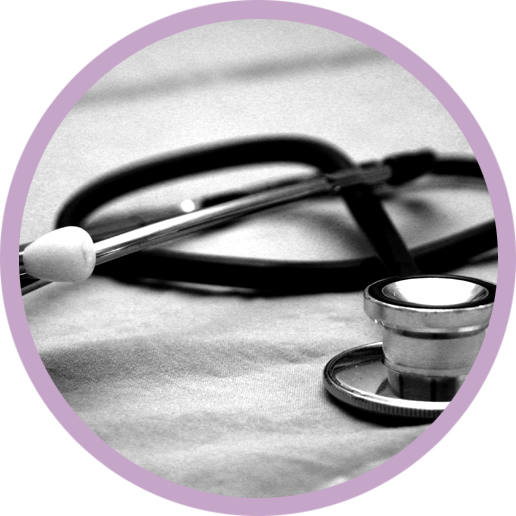Medical

Heart Health
The key to eating for your heart health is to enjoy a combination of foods, chosen regularly, over time, making fresh food the basis of the diet. Rather than focusing on individual nutrients, we encourage the Heart Foundation eating pattern which includes plenty of vegetables, fruits and wholegrains. A variety of healthy protein sources including fish and seafood, lean meat and poultry, legumes, nuts and seeds will be discussed along with appropriate reduced fat dairy options. Healthy fat choices will be described along with ideas for reducing salt intake. As Dietitians we can identify and support people at high risk or with existing heart disease to make healthy eating changes.

Diabetes
As Dietitians we support an individualized approach to managing both Type 1 and Type 2 diabetes considering factors including nutritional status, medication, diabetes control and lifestyle. We support people with diabetes to better understand what they can do to manage their condition in relation to maintaining a diet based on healthy eating principles. The focus will be on achieving and maintaining an ideal weight, along with the importance of choosing the right type and quantity of dietary carbohydrate and fat.

Renal
A diagnosis of cancer may mean surgery, or other treatments, such as chemotherapy and radiotherapy. These treatments can have an impact on the amount and type of foods people can eat. Some treatments can affect how food tastes and smells and certain foods may need to be avoided. Our aim as dietitians is to help patients maintain a patients weight and meet their nutritional requirements as far as they are able to do so, and reduce their risk of developing other complications. In certain cases, patients may need to follow more specific dietary restrictions, and we will advise how to do this safely. We are able to provide written information and recipe ideas. We can also arrange for patients to receive suitable nutritional supplements when required.

Cancer
A diagnosis of cancer may mean surgery, or other treatments, such as chemotherapy and radiotherapy. These treatments can have an impact on the amount and type of foods people can eat. Some treatments can affect how food tastes and smells and certain foods may need to be avoided. Our aim as Dietitians is to help patients maintain a patients weight and meet their nutritional requirements as far as they are able to do so, and reduce their risk of developing other complications. In certain cases, patients may need to follow more specific dietary restrictions, and we will advise how to do this safely. We are able to provide written information and recipe ideas. We can also arrange for patients to receive suitable nutritional supplements when required.


